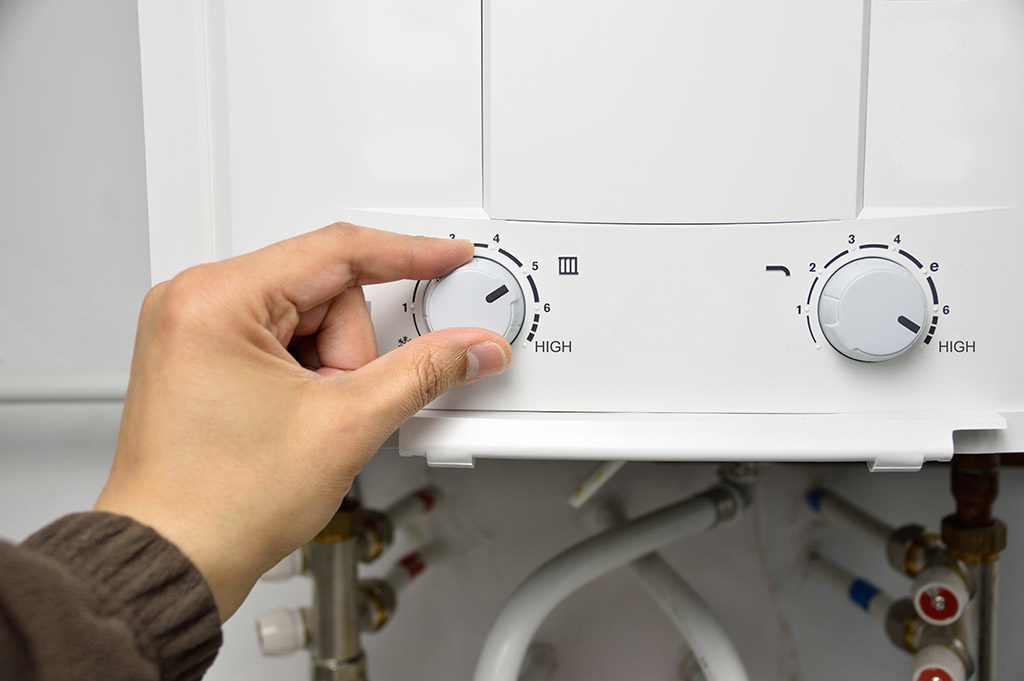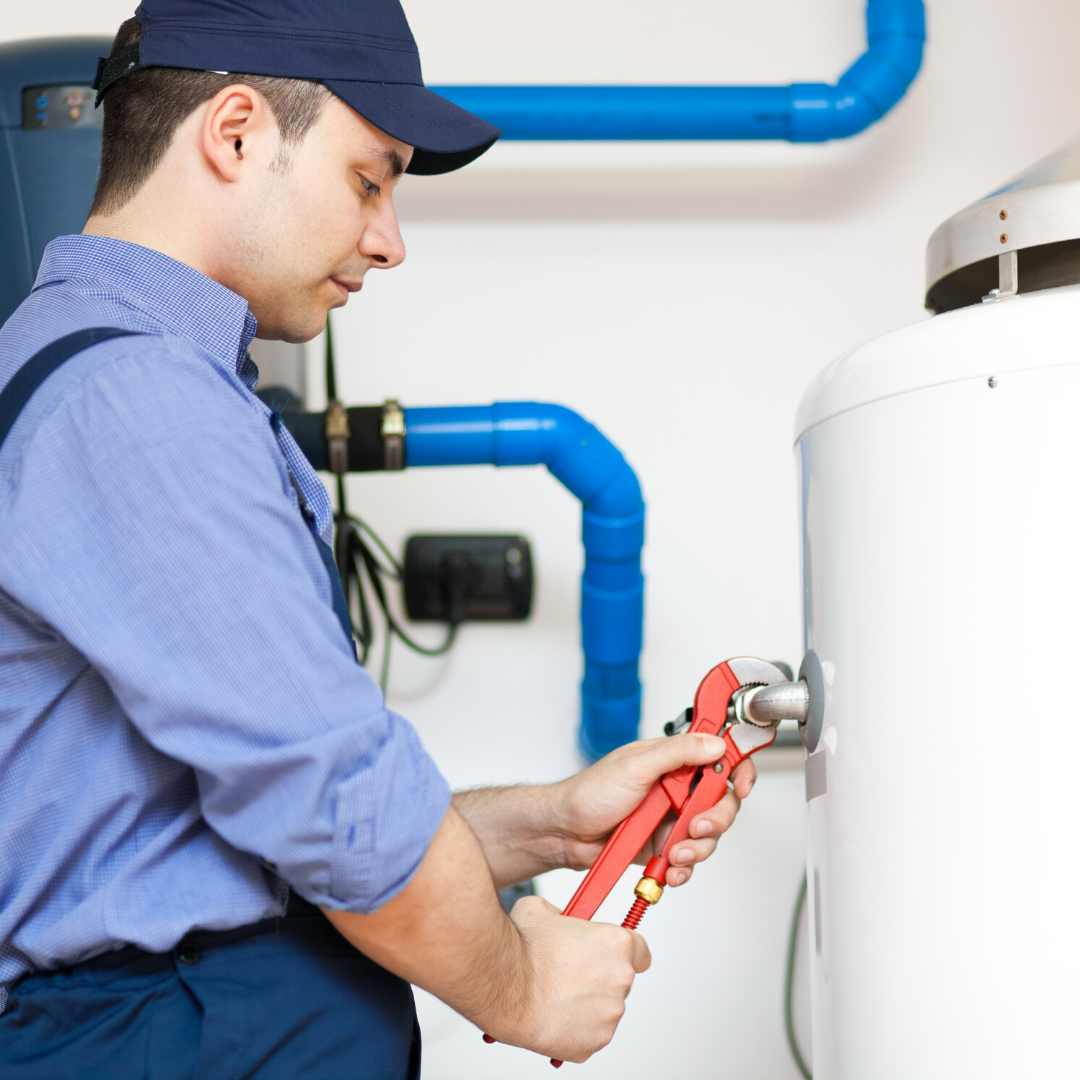How to Cope with the Major Hot Water Heater Urgencies
How to Cope with the Major Hot Water Heater Urgencies
Blog Article
We've come across this post on Common Hot Water Heater Problems down the page on the net and thought it made sense to discuss it with you on this page.

A hot water heater is just one of one of the most important basic appliances that can be located in a home. With hot water heater, you do not require to go through the tension of heating water manually each time there is a requirement to wash, wash, or the meals. Nevertheless, there is constantly an opportunity that your hot water heater would certainly break down just like a lot of mechanical devices.
It is essential to note any type of little breakdown and tackle it quickly before points get out of hand. Many times, your hot water heater starts to malfunction when there is an accumulation of debris as a result of continuous usage. As a precaution, periodic flushing of your hot water heater is suggested to avoid debris buildup as well as protect against functional failure.
Usual hot water heater emergencies and exactly how to take care of them
Leaking hot water heater container.
In this circumstance, you must turn off your water heating unit, permit it to cool down, as well as meticulously look for the source of the issue. At times, all you require to do is to tighten a couple of screws or pipe connections in situations of small leaks. If this does not function and the leakage continues, you might need to employ the services of a specialist for a proper replacement.
Changing water temperature level.
Your water heater can start creating water of various temperatures generally ice hot or cool hot. In this situation, the first thing you do is to ensure that the temperature level is readied to the desired degree. If after doing this, the water temperature level keeps altering during showers or various other tasks, you may have a malfunctioning thermostat. There might be a requirement to replace either the thermostat or the heating system of your water heater.
Inadequate warm water
It might be that the water heating system can't support the warm water need for your home. You might upgrade your water heating unit to one with a larger capacity.
Discolored or stinky water
When this takes place, you need to know if the concern is from the storage tank or the water resource. If there is no amusing odor when you run cool water, then you are particular that it is your water heating unit that is faulty. The smelly water can be caused by rust or the buildup of bacteria or debris in the water heater storage tank.
Verdict
Some property owners overlook little warning as well as minor faults in their hot water heater device. This only leads to further damages and also a feasible complete break down of your home appliance. You need to manage your water heater faults as soon as they come near stay clear of even more expenses and unnecessary emergency troubles.
With water heating units, you don't require to go via the tension of heating water manually every time there is a need to take a bathroom, do the laundry, or the recipes. Your water heating system might start producing water of various temperatures usually ice hot or cool hot. It may be that the water heating unit can not support the warm water demand for your apartment. If there is no funny smell when you run cool water, then you are specific that it is your water heater that is faulty. The odiferous water can be triggered by rust or the accumulation of germs or debris in the water heating unit tank.
Water Heater Burst: Why This Happens And What To Do Next
Water Heater Explosion Warning Signs
Since storage water heaters are made of metal and store large volumes of heated water, they carry an increased risk of leaking or even exploding as they begin to rust at the fittings and seams over time. If the thermostat controlling the water temperature within the tank is faulty, or if mineral buildup inside the water heater prevents the thermostat from sensing the water’s temperature correctly, the water could become overheated. This will expand its volume within the tank, causing it to press at the tank’s fittings and seams. If these fittings and seams are rusted or corroded, the pressure could result in a leak or even an explosion.
Here are some risk factors and warning signs of an increased risk of water heater leak or explosion:
Your water heater is more than 10 years old. Your water heater makes clanking, banging or rumbling noises as it heats up, indicating that sediment has built up and hardened inside the tank. There is visible rust on the outside of the water heater, especially located at the pipe fittings or the seams that run down the tank. There is rusty water coming from your water heater, indicating that there may be rust building up inside. Your water heater is leaking, which could indicate either a crack somewhere in the tank or a malfunctioning temperature-and-pressure (T&P) relief valve. What To Do When Water Heater Leaks
If you find water dripping or seeping out of your water heater, or pooling around it, it means your water heater is leaking. If you find a leak, it may be best to call a plumbing professional to diagnose the problem and determine how best to handle it. If you choose to tackle it on your own, there are a few things you can do.
TURN OFF THE POWER
Next, shut off the power to the hot water tank at your home’s electrical breaker box. If you don’t shut off the power, the heating elements within the tank could continue to stay hot, which could pose a fire risk.
If you have a gas-powered water heater, you’ll also need to shut off the gas line leading into the tank.
FIND THE LEAK
Now it’s time to determine where the leak is coming from. Likely locations are the T&P valve, the drain valve or one of the pipes or fittings that feed into the top of the tank. If you see any rust or corrosion on the outside of your water heater’s tank, pipes or fittings, these could also be the source of the leak.
REPAIR THE LEAK
Once you determine the source of your water heater leak, you’ll have a better idea of what steps you need to take to fix the problem. It may be a simple fix—such as using a wrench to tighten fittings or replacing the T&P valve—but it may be something more complicated. You may even need to drain the tank, remove the water heater and install a new one.
https://www.abchomeandcommercial.com/blog/water-heater-burst/

Do you really like reading up on The Importance of Water Heater Maintenance? Place a review down the page. We'd be delighted to see your ideas about this entry. Hoping that you visit us again later on. Make sure you take the time to promote this post if you enjoyed it. Thank-you for your time invested reading it.
Overflow? We can help! Report this page